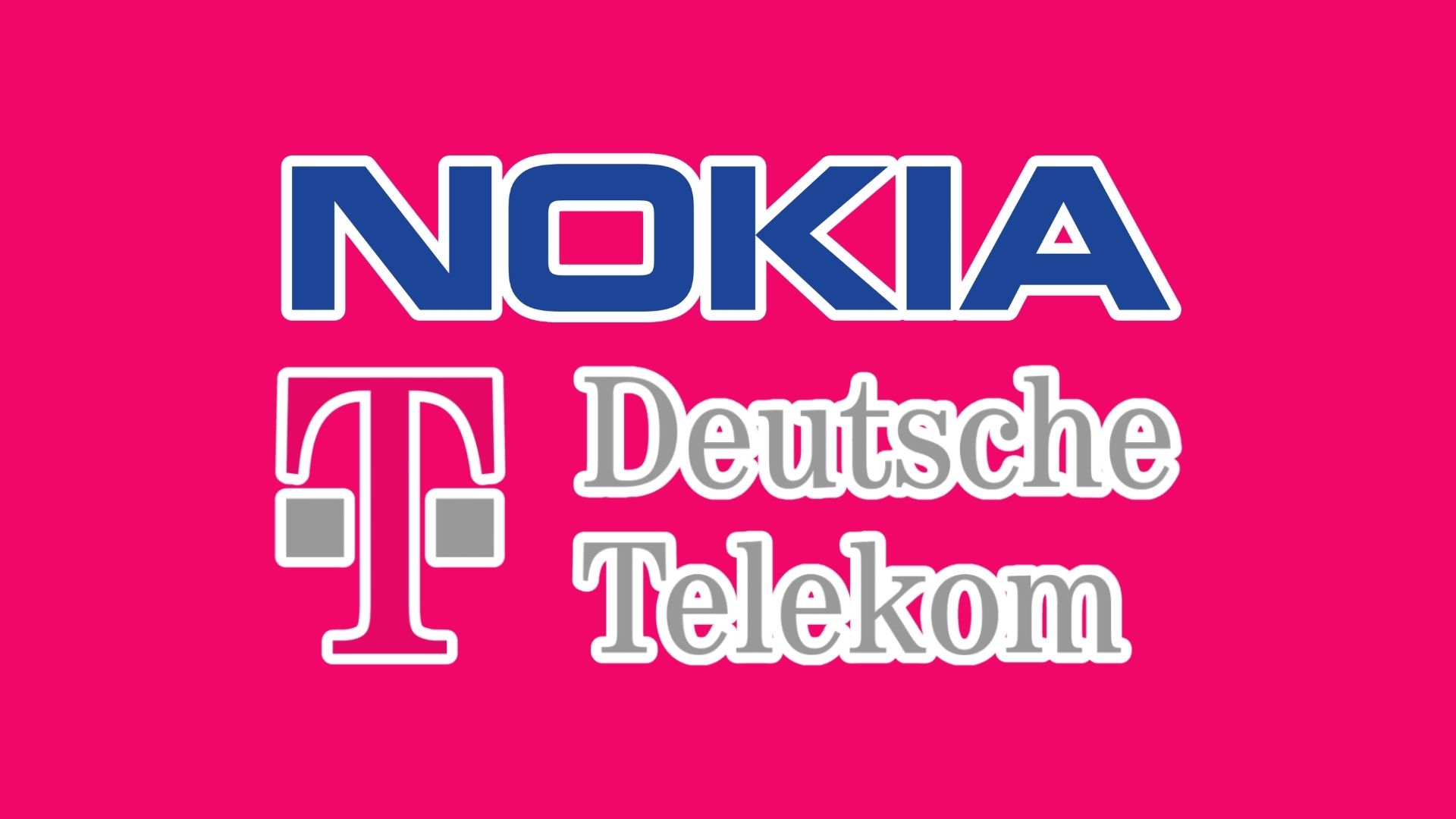When Hayao Miyazaki dismissed early AI-generated animation as ‘an insult to life itself’ in 2016, the technology felt distant from mainstream creative work. Less than a decade later, generative AI tools produce images and text in seconds, reviving debate over authorship, copyright, and artistic identity.
In Japan, debate reflects both anxiety and ambition. Illustrators question the use of their work in training data, while policymakers and corporations see AI as vital to easing a projected labour shortfall by 2040. Legal provisions allowing data use for analysis have intensified calls for safeguards.
Public sentiment in Japan remains broadly favourable toward AI adoption. Surveys indicate relatively high levels of trust, with many viewing AI as part of long-term structural adjustment rather than an immediate threat. Economic expectations often outweigh concerns about disruption.
Workplace implementation, however, remains limited. OECD research shows only a small share of employees actively use AI tools, citing skills shortages and cautious corporate culture. Analysts describe a paradox: AI could ease labour pressures, yet adoption is constrained by limited expertise.
Creative professionals report more immediate effects. Surveys highlight income pressures and uncertainty among illustrators and freelancers. As deployment expands, Japan faces the task of balancing economic necessity with cultural preservation and fair access to emerging technologies.
Would you like to learn more about AI, tech, and digital diplomacy? If so, ask our Diplo chatbot!










